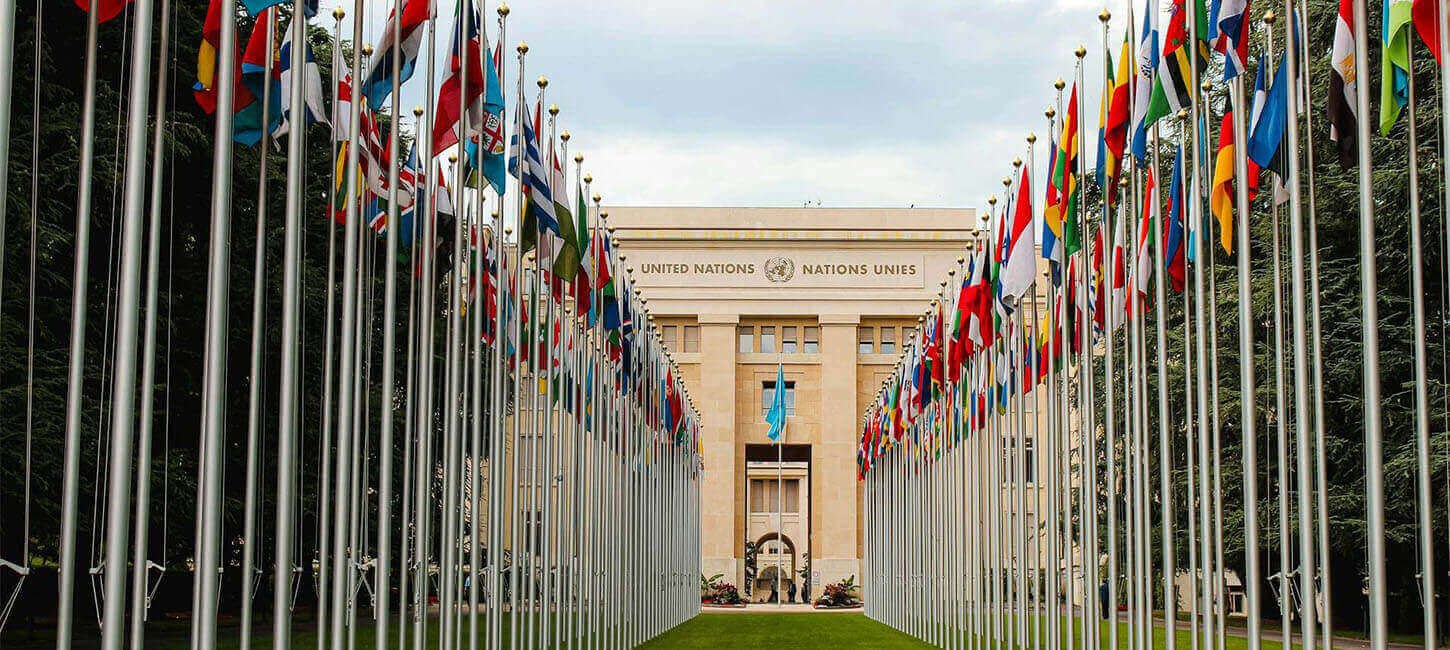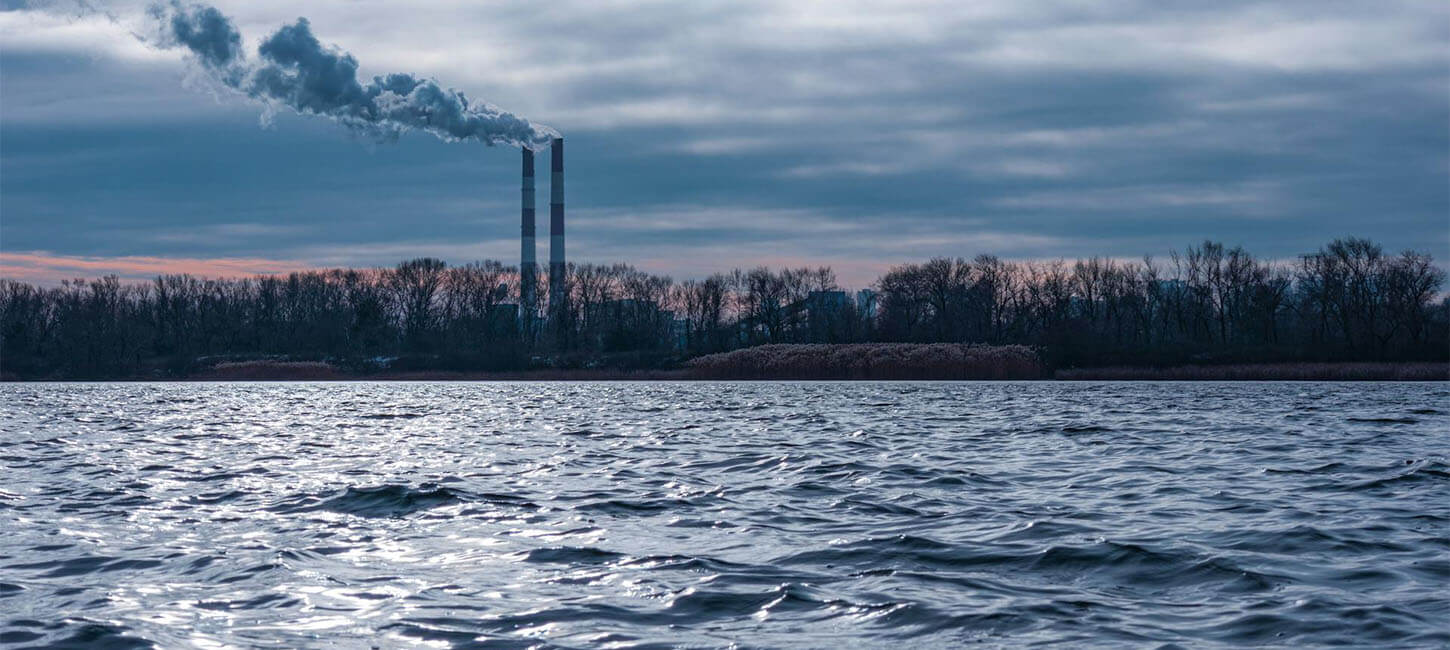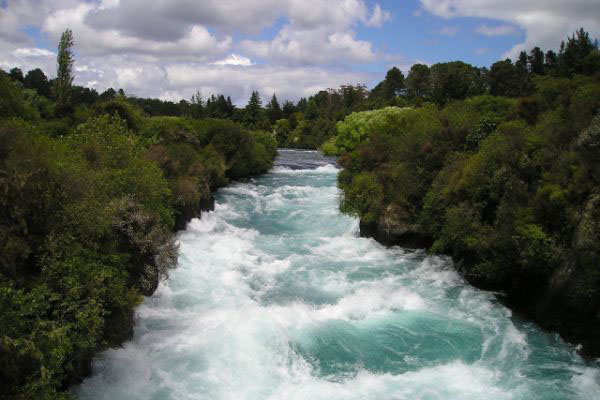Articles / Sustainability / Water technology
Summit of the Future
Summit of the Future
September 11, 2024
Summit of the Future
Summit of the Future
At the Summit of the future organised by the United Nations, delegates from the around the world will address the most important issues of our time, including:
• Sustainable development and financing
• International peace and security
• Science, technology and innovation
• Youth and future generations
• Transforming global governance

The goal of the Summit of the Future is to unite global leaders and stakeholders to tackle pressing global challenges!
Summit of the Future 2024
The United Nations General Assembly will hold a Summit of the Future (full title: Summit of the Future: multilateral solutions for a better tomorrow) on 22-23 September 2024.
According to the UN’s website: ‘The Summit of the Future … is a once-in-a-generation opportunity to enhance cooperation on critical challenges and address gaps in global governance, reaffirm existing commitments including the Sustainable Development Goals (SDGs) and the United Nations Charter, and move towards a reinvigorated multilateral system that is better positioned to positively impact people’s lives.
Building on the SDG Summit in 2023, Member States will consider ways to lay the foundations for more effective global cooperation that can deal with today’s challenges as well as new threats in the future.’
Reading between the lines of this ‘Newspeak’, we can discern the desire to make the UN more relevant and more in tune with the times. As Secretary General António Guterres put it: ‘We can’t build a future for our grandchildren with a system built for our grandparents.’
What they’re hoping to create is (in their words) ‘UN 2.0’ – a more reactive and responsible organisation, primarily to react to some of the major challenges that are faced by the world today.
This is strong stuff coming from an organisation that until now has been (shall we say) more concerned with navel gazing than the realities of life in the 21st Century. Criticisms of the UN are manifold but include a lack of enforcement of any of its mandates and its inability to de-escalate anything from major wars to local skirmishes.
Global Environmental Challenges
Having said that, it’s good to see that the first point on the agenda is sustainable development. So we must all hope that some meaningful discussions will take place about the most important environmental issues currently challenging our planet:
• Climate Change
• Pollution
• Risks to the ocean including wastewater pollution and plastics
• Sustainable food and biodiversity
• Sustainable urban development and mobility
• Water security for all
Sustainable Use of Freshwater Resources
At Arvia Technology, our expertise is in water treatment and we applaud all efforts to get water resources onto the agenda.
Looking at the environmental issues the world is facing, the common factor in almost all of them is the availability of fresh clean water.
Not everyone realises that the supply of fresh water is actually finite. And right now we are polluting far more than we are recycling or desalinating. This must stop as it threatens the very fabric of our lives – leading to lack of food, water poverty and water being used as an instrument of war.

The world must address challenges such as climate change, pollution, and water security!
How to Prevent and Manage Water Scarcity
The key to water stewardship and preventing water scarcity is to recycle more. Forget desalination – that’s far too costly and has minimal impact. The big gains in water management are to be made in recycling wastewater from manufacturing, farming and industry in general.
When it takes 8,500 litres of water to make a pair of shoes or getting on for 150,000 litres to build a car it’s not surprising that trillions of litres of water are used daily just to make stuff that we need, let alone a lot of the stuff you might swipe through on your phone that you don’t. Most of this water is poured back into rivers and watercourses still containing many pollutants.
This isn’t illegal dumping either; the reasons for it are complex, but one telling factor is that environmental regulations are not keeping up with the science.
It’s been proved that many recalcitrant compounds and solvents from synthesised chemicals introduced in the last 30 years are not removed by any existing ‘legacy’ water treatment. For instance, we know a greater concentration of unmetabolized antibiotics in what purports to be fresh drinking water is leading to AMR (Anti-Microbial Resistance.)
Existing WWTPs (Wastewater Treatment Plants) were never designed to remove compounds of this nature, yet in many countries discharge regulations allow water laden with pollutants and poisonous PFAS (Perfluoroalkyl and Polyfluoroalkyl Substances) to be essentially poured back into the sea!
Why Safeguarding the Environment is Important
PFAS – specifically Endocrine disruptors – are found in a wide variety of products we use every day – including make-up and food packaging.
To safeguard the environment, we need to reduce or stop using these products as even very small amounts can adversely affect marine life. This bioaccumulation feeds up the food chain. So, bearing in mind that a lot more fish is now farmed near-shore, this considerably increases the risks to human health.
There are plans in progress in the EU to ban over 10,000 types of PFAS by 2025. In the US, the EPA (Environmental Protection Agency) has already banned some classes due to health concerns.
Protecting our Natural Resources
To preserve as much of what we hold dear for future generations it’s essential that a lot more work is done on environmental issues. Therefore, at Arvia, we wholeheartedly support the UN’s sustainability efforts to protect the Earth’s natural resources. From that aim stem many others, including greater peace and security and further hope for future generations.
As far as we are concerned it all revolves around tightening up regulations on discharging water – to ensure it can more easily be recycled and used again. If regulations were more stringent, a lot of issues with ‘forever chemicals’ like PFAS, battery chemicals, chemicals used in fertilisers and insecticides and many others would be reduced to incredibly low levels making the water safe to use again.
And the irony is that the technology to do all that already exists. Over the last ten years real quantifiable progress has been made with a new generation of water treatments based on electrochemistry. The basic principles of this technique have been known for hundreds of years but recent advances in technology have allowed water scientists to make appreciable strides in efficiency and cost-effectiveness.
Arvia Commitment Towards a Sustainable Future
At Arvia Technology our Nyex Ellenox™ and Nyex Rosalox™ tertiary water treatment systems can remove many recalcitrant compounds to below measurable levels.
And the advantage of our electrochemical systems is that there are no COSHH issues with hazardous chemicals to add, outputs of the process are only gas and water plus the Nyex™ media usage is minimal.
In addition, processes can be brought onto stream quickly and equally quickly stood down, making our systems ideal for batch work or sidechain treatments.
This September as the United Nations meets to reshape its future in the light of increased global aggression, a crisis of immigration and mass migration and increasingly variable weather and rainfall due to climate change, we hope that some real progress is made on environmental issues – for the sake of all the world’s population.
More featured articles
01.31.2023

We discuss sustainable water management and how specific industry sectors would benefit by adopting water stewardship.
07.7.2021

Why any company that discharges water needs to be ready to be put under the microscope.
03.16.2021

The scarcity of water is pushing up its price. As a result, water recycling is becoming increasingly important in many industries. In this article we examine how Arvia’s unique technology can be a vital part of a cost-effective water recycling system in pharma.
Our wastewater treatment expertise
Our water technology can be used to treat a variety of water treatment applications. Once we understand the nature of your wastewater and your final water quality target, our water treatment specialists can make recommendations as to how best to treat your water. Take a look at some of the Nyex applications here:
Need help? Speak with an expert